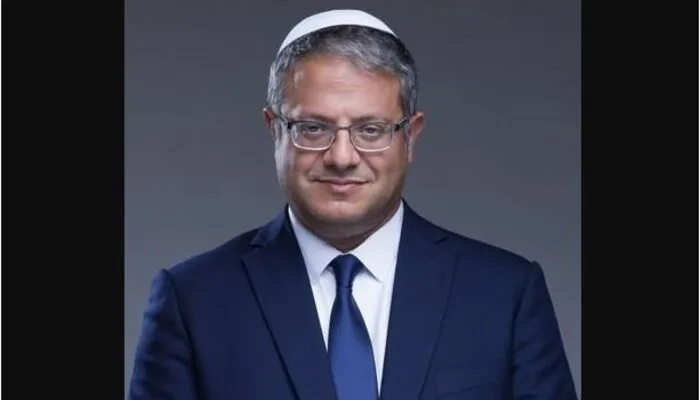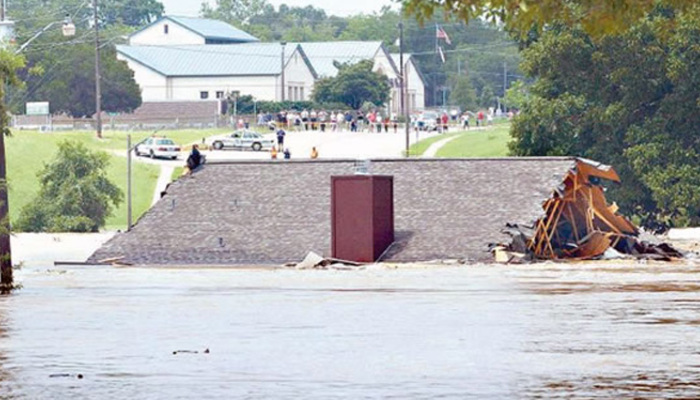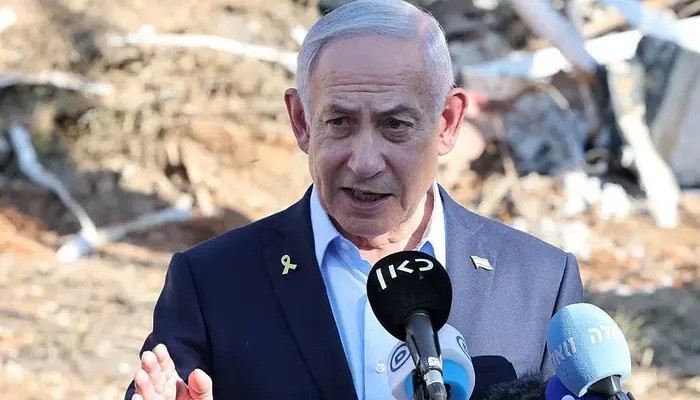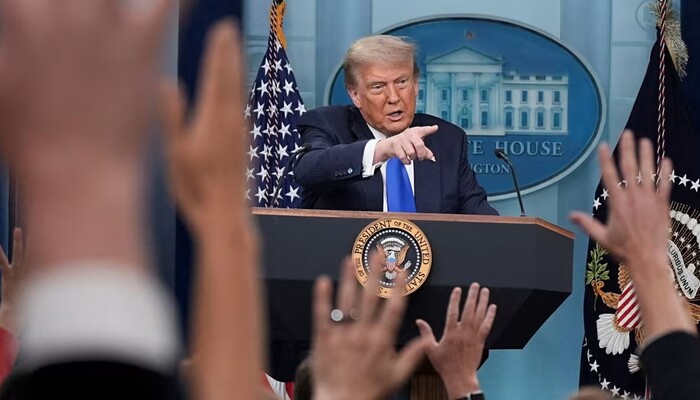Israel and Hamas Agree to Ceasefire After 15-Month War
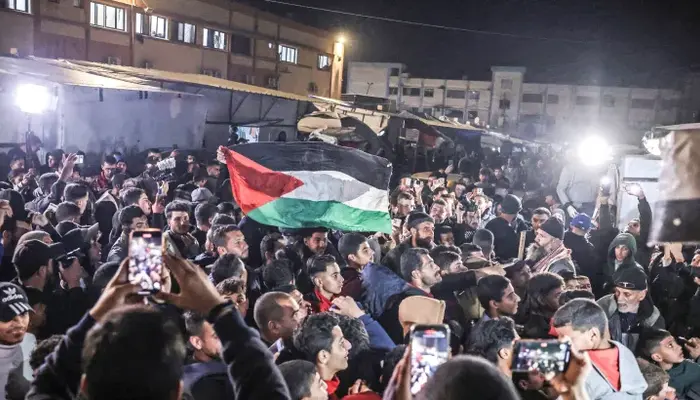
After 15 months of intense conflict, Israel and Hamas have agreed to a ceasefire starting Sunday. The deal, brokered by Qatar, Egypt, and the United States, aims to halt hostilities and deliver critical humanitarian aid to Gaza. Sheikh Mohammed bin Abdulrahman bin Jassim Al Thani, Qatar’s Prime Minister, announced the agreement, which also includes the release of Israeli captives held by Hamas.
Gaza’s Fragile Hope Amid Escalation
In Gaza, residents celebrated the announcement despite ongoing attacks leading up to the ceasefire. At Al-Aqsa Martyrs Hospital, where mourning has been a daily routine, the mood shifted briefly to one of hope. However, heavy artillery and bombings were still reported in Bureij and Nuseirat camps. These final days before the ceasefire are critical, as many fear a surge in violence.
Global Reactions to the Ceasefire
The international community has welcomed the agreement. Egyptian President Abdel Fattah el-Sisi called for accelerated humanitarian aid to Gaza, emphasizing the dire humanitarian crisis. UN Secretary-General Antonio Guterres also expressed support, urging efforts to alleviate the immense suffering caused by the conflict. He confirmed the UN’s readiness to assist in implementing the deal and scaling up relief efforts.
Perspectives from Both Sides
Hamas official Khalil al-Hayya stated that Palestinians would never forget or forgive the atrocities they endured. He described the war as a “barbaric extermination” and one of the worst modern genocides. On the Israeli side, families of captives expressed relief and hope for the safe return of their loved ones but criticized the global community for failing to intervene sooner.
Read: Gaza Ceasefire Deal: What We Know So Far
Ceasefire Terms and Challenges
While the ceasefire is seen as a step toward peace, its implementation faces hurdles. Former UN humanitarian chief Martin Griffiths highlighted the differing objectives of the two parties. Israel views the agreement as a step toward freeing captives, while Hamas seeks a permanent cessation of hostilities. This fundamental difference could hinder progress in the second and third phases of the deal.
Griffiths also raised concerns about Israel’s plans to ban UNRWA, the UN agency for Palestinian refugees. If enforced, this ban could severely disrupt aid delivery to Gaza. The governance of Palestinian territories and the role of Hamas in the aftermath remain unresolved, further complicating the path to lasting peace.
A Glimmer of Hope
Despite the challenges, the ceasefire offers a glimmer of hope for millions affected by the conflict. It provides an opportunity to address the humanitarian crisis in Gaza and rebuild lives. However, sustained international cooperation and dialogue will be essential to ensure the agreement leads to a more stable and peaceful future.
Follow us on Google News, Instagram, YouTube, Facebook,Whats App, and TikTok for latest updates






